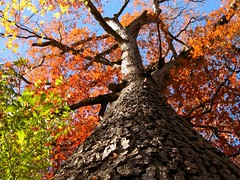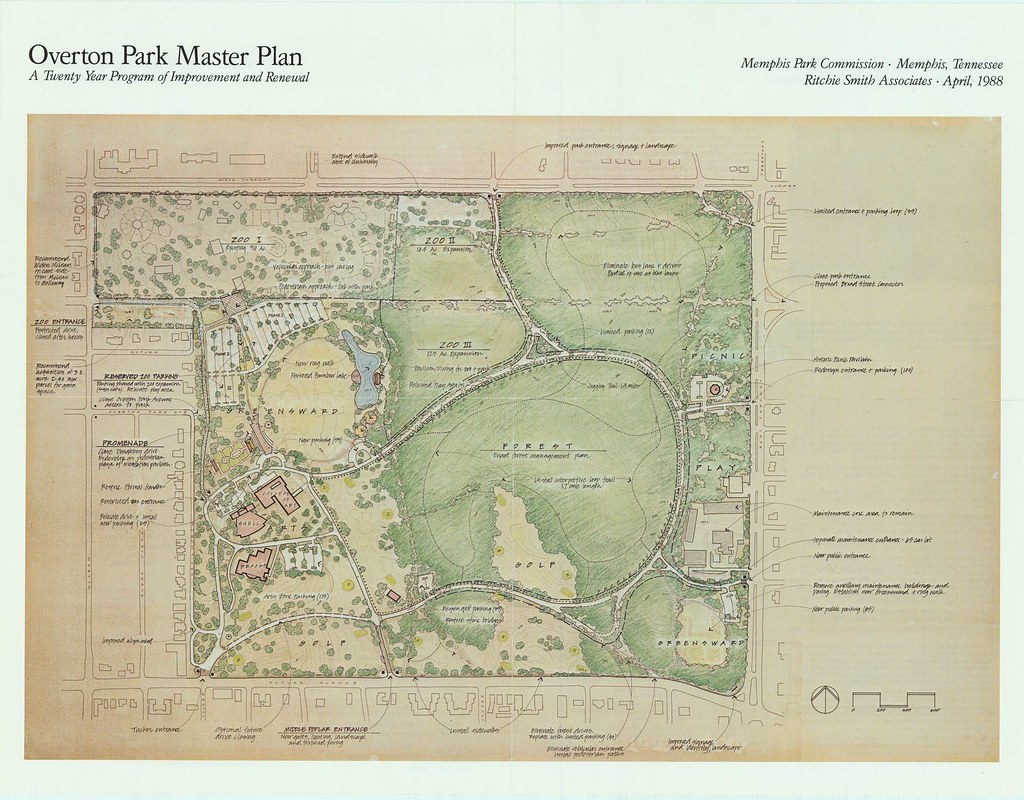Today's guest post is from Elaine Blanchard, who joined us for an Old Forest hike last month and was inspired to write this essay. Thank you, Elaine!
Richard Louv, journalist and nature lover, has written a book called Last Child in the Woods: Saving our Children from Nature-Deficit Disorder. He coined the term “nature-deficit disorder” in the process of his study and concern for what our children are missing when they are not encouraged to know the world outside as part of their home and school. Louv recalls an evening meal when his son looked across the table and asked, “Dad, how come it was more fun when you were a kid?”
As adults, we have stories to tell of play, of free space in vacant lots and free time after school. We caught tadpoles in the creek. We built forts in the wooded area down the road. We fished in the pond on our friend’s farm. We knew the goats on our grandparents’ land. We knew that black snakes lived among the wild flowers we picked and we knew they were just as scared of us as we were scared of them. The smell of pig waste was familiar to our nose. Our dogs ran beside us in open spaces and led us to the shade trees where we leaned back and imagined ourselves into great places. Nature embraced our dreams and promised to go with us as we pursued our highest goals. We did so much of our living outside. Our knees stayed skinned and our elbows had permanent grass stains. It was fun, no doubt about that.
Today our children are shuttled from place to place inside fast-moving vehicles. Television, the internet and electronic games hold them captive in the bedroom or playroom, where only filtered air reaches their nostrils. We no longer see children running and laughing in the yards and meadows. Their games are scheduled and parents are stressed to get them to the game on time. Children have no free time and no free spaces outside the manicured lawn for dreaming. Where will they imagine a better world? How will they learn to care about the rocks, the fields, the forests and rivers, if they do not develop a relationship with them?
Our children rarely get to experience a rotten log, learning how death is part of life and how death feeds life. Children need a chance to build their own grapevine hut in the woods. We all lose something of great value when our children no longer lie on their backs in the grass and stare upward, into the emptiness of sky. Children need a special place outside, a place they can think of as sacred and safe, a place to go when their spiritual lives need encouragement.
As Louv suggests on page 7 of his book:
“Nature offers healing for a child living in a destructive family or neighborhood. It serves as a blank slate upon which a child draws and reinterprets the culture’s fantasies. Nature inspires creativity in a child by demanding visualization and the full use of the senses. Given a chance, a child will bring the confusion of the world to the woods, wash it in the creek, turn it over to see what lives on the unseen side of that confusion. Nature can frighten a child too, and this fright serves a purpose. In nature, a child finds freedom, fantasy and privacy: a place distant from the adult world, a separate peace.”
For those adults among us who have lived urban lives and view a patch of forest as if it hides only things that bite us or grab us and throw us to the ground, we need the courage and curiosity of our children to help us step into the wild side. To go outside with our children is to become a learner with them. Children teach us how to be in awe.
There is an absolute wonder in the eyes of children when they contemplate butterflies, a bird’s nest, frogs. These experiences bond parent and child, teacher and student. No ticket is required. The only requirement is a willingness to be amazed and a mind open to learn something new about ourselves and our children. They will lead us beyond the walls of our world and outside what is written into our overstuffed daily planners.
Take a child outside and remember how much fun it is to simply be alive.
Elaine Blanchard is a freelance writer, a published author, and a professional storyteller. She finds inspiration in her Midtown backyard and in her daily walks through Overton Park.











1 comments:
great post!
visiting the forest with my kids is so much more exciting than visiting without them. i learn so much from them!
Post a Comment